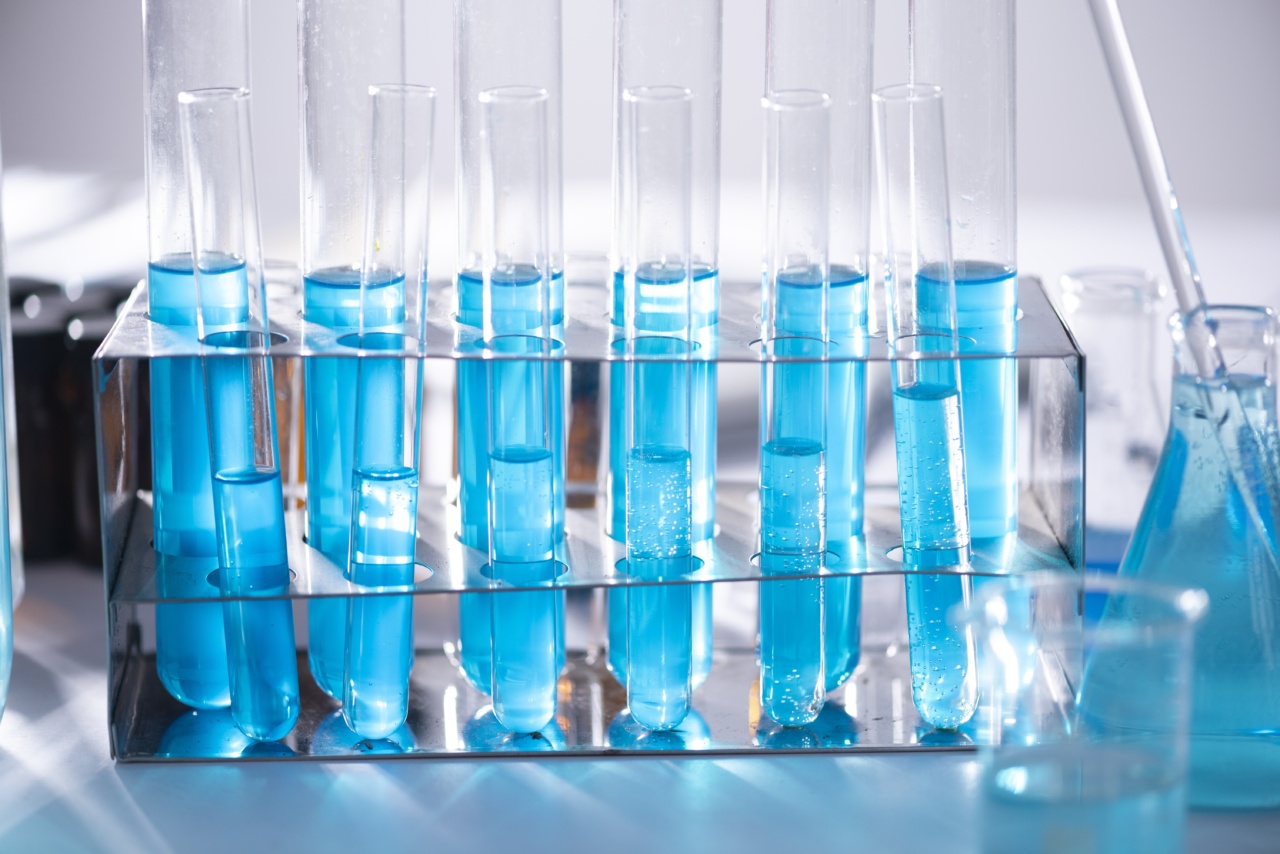Rheumatoid arthritis is a chronic inflammatory disorder that primarily affects the joints. It is an autoimmune condition, meaning that the body’s immune system mistakenly attacks its own tissues.
While the exact cause of rheumatoid arthritis is still unknown, researchers have been exploring various factors that may contribute to the development of the disease. One such factor is the presence of certain gut bacteria.
The Gut Microbiome and Rheumatoid Arthritis
The gut is home to trillions of bacteria that play a crucial role in our overall health. These bacteria, collectively known as the gut microbiome, help with digestion, nutrient absorption, and even the regulation of the immune system.
Emerging research suggests that imbalances in the gut microbiome may play a role in the development of autoimmune diseases, including rheumatoid arthritis.
A study conducted by researchers at the University of Central Florida, in collaboration with other institutions, aimed to investigate the connection between bowel bacteria and rheumatoid arthritis.
The study involved analyzing the gut microbiome of individuals with rheumatoid arthritis and comparing it with that of healthy individuals.
The Role of Prevotella Copri
One specific bacterium called Prevotella copri caught the attention of the researchers. They found that the levels of Prevotella copri were significantly higher in individuals with rheumatoid arthritis compared to those without the disease.
Prevotella copri is a common bacterium found in the human gut, but its overabundance in individuals with rheumatoid arthritis suggests that it may be associated with the development or progression of the disease.
Further analysis revealed that individuals with rheumatoid arthritis who had higher levels of Prevotella copri also exhibited more severe symptoms and joint damage.
This correlation suggests that this specific bacterium might not only be a marker of the disease but could potentially play a role in its progression.
The Mechanism Behind the Association
Researchers are still unraveling the exact mechanism through which gut bacteria, particularly Prevotella copri, may influence the development of rheumatoid arthritis.
One theory is that certain gut bacteria may trigger an immune response that leads to the production of inflammatory molecules. These molecules, called cytokines, play a key role in the development of chronic inflammation, which is a hallmark of rheumatoid arthritis.
Another possible mechanism is that gut bacteria might affect the permeability of the intestinal lining, allowing harmful substances to leak into the bloodstream.
This leakage, known as increased intestinal permeability or “leaky gut,” can trigger an immune response and result in inflammation throughout the body, including the joints.
The Role of Genetics and Environment
While the presence of Prevotella copri in the gut seems to be associated with rheumatoid arthritis, it is important to note that other factors, such as genetics and environmental triggers, also play a significant role in the development of the disease.
Genetic predisposition is known to increase the risk of developing rheumatoid arthritis. Certain genes, such as the human leukocyte antigen (HLA) genes, have been identified as potential risk factors.
However, not everyone with these genetic markers develops the disease, suggesting that environmental factors also contribute to its development.
Environmental factors that have been linked to the development of rheumatoid arthritis include smoking, hormonal changes, and exposure to certain infections.
These factors may interact with the gut microbiome, genetic predisposition, and other immune-related factors to trigger the onset of the disease.
Potential Implications for Treatment
The growing body of evidence linking bowel bacteria, specifically Prevotella copri, to rheumatoid arthritis opens up new possibilities for treatment and management of the disease.
One potential avenue of treatment is the modulation of the gut microbiome through the use of probiotics or fecal microbiota transplantation (FMT).
Probiotics are beneficial bacteria that can be consumed as supplements or through certain foods, while FMT involves transferring fecal matter from a healthy donor to the patient’s gut to restore a healthy microbial balance.
Several studies have shown promising results in using probiotics to improve symptoms and reduce inflammation in individuals with rheumatoid arthritis.
However, more research is needed to determine the specific strains and doses that would be most effective.
Another possible approach is the development of targeted therapies that can specifically inhibit or reduce the activity of Prevotella copri. By targeting this bacterium, it may be possible to slow down or even halt the progression of the disease.
Conclusion
The connection between rheumatoid arthritis and bowel bacteria, particularly Prevotella copri, provides valuable insights into the potential role of the gut microbiome in the development and progression of autoimmune diseases.
While more research is needed to fully understand the mechanisms and implications of this association, it offers hope for new treatment strategies that target the gut microbiome.































